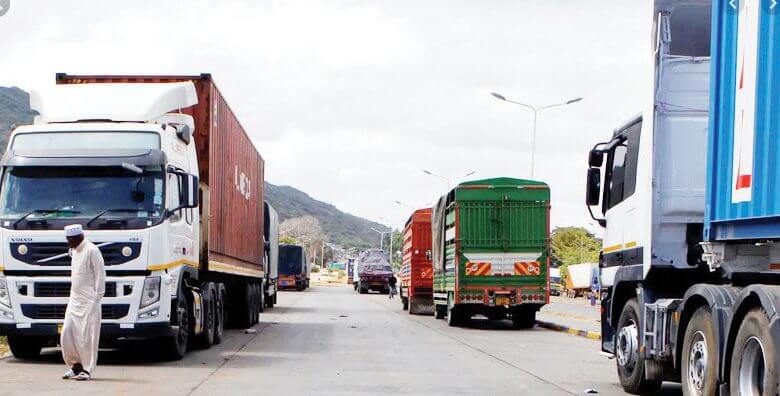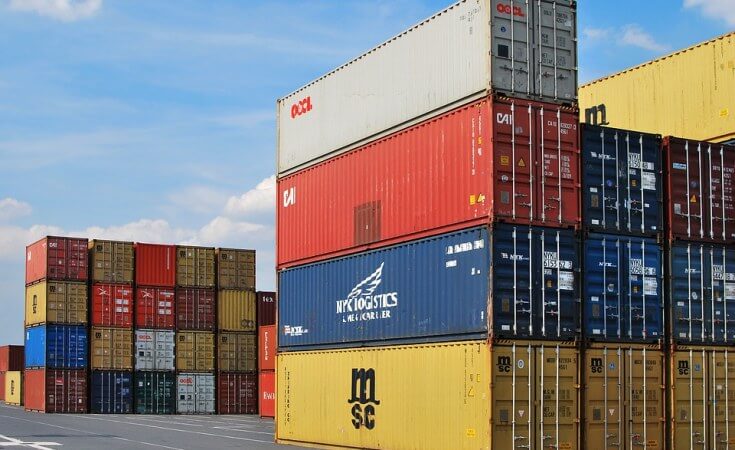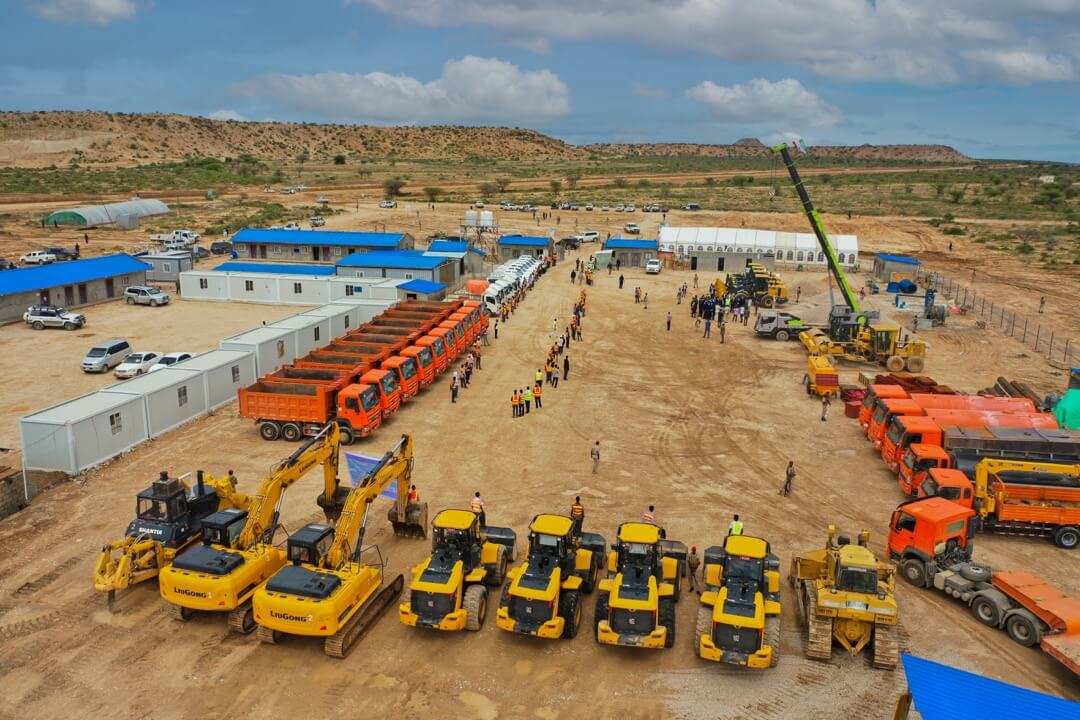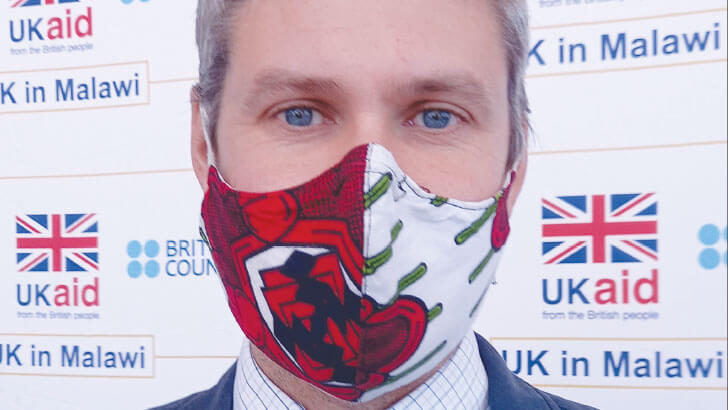Tanzanian government will mobilise the development of the textile and garment industries as it works towards improving the ease of doing business in the country. The ministry of industry and trade is in the process of consulting stakeholders from various industries to review 22 laws and implement regulatory reforms for improving the business environment. In the budget for financial year 2021-22 announced last week, Tanzanian government amended two laws through the Finance Act of 2020 and is in the process of introducing the Trade Remedies Act of 2021 to protect local businesses, control importation of products and market distortion by subsidised products which come to the local market at lower prices. The proposed law has already been submitted to the government for further action, Tanzanian media reports said quoting industry and trade minister Kitila Mkumbo. The government of the country is looking to improve the policies and laws to create a conducive business environment. It will also cooperate with businesses to create a market for the local products, Mkumbo said. Tanzania has also scrapped over 232 taxes, fees, levies to reduce the time and costs for securing licenses and permits to do business in the country, the minister added. The news comes on the heels of President Samia Suluhu Hassan’s suggestions to ministers and government officials to improve the ease of doing business in Tanzania and amend laws that hindered investments. Read original article
Tanzanian govt to support development of textile & garment industries
Posted on: May 25, 2021
Posted on: May 25, 2021
























